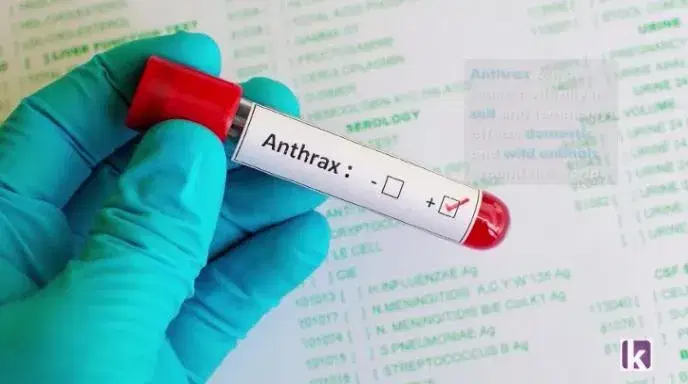VCN Raises Alarm Over Shortage of Veterinarians Amid Anthrax Outbreak
The Veterinary Council of Nigeria (VCN) has raised concerns over the insufficient number of veterinarians in the country, warning that the shortage poses a major threat to the fight against anthrax and other livestock diseases.
The council urged the government to take urgent and proactive measures to curb the spread of such diseases.
This comes after the Federal Ministry of Livestock Development confirmed an anthrax outbreak on a farm in Zamfara State, calling for increased vigilance to mitigate the risks.
Speaking in Abuja on Friday, at the close of the 2025 VCN staff retreat, the Acting Registrar of the Veterinary Council of Nigeria, Oladotun Fadipe, emphasized that every local government in Nigeria needs at least two veterinarians to effectively control livestock diseases.
He warned that unless more veterinarians are recruited, disease outbreaks will persist, endangering both animal and human health.
“Prevention is better than cure, yet many states have very few veterinarians in their system. This is why outbreaks like anthrax keep occurring. We urge the government to ensure that every local government employs at least two veterinarians,” Fadipe stated.
He further lamented that the number of trained veterinarians in the country is far below demand, with many remaining unemployed despite the urgent need for their expertise.
“If veterinarians are properly placed and actively engaged in their duty posts, they would detect disease outbreaks early, even before they occur,” he added.
Also speaking at the retreat, President of Farm Alert, Dr. Femi Kayode, highlighted the importance of modernizing veterinary practice to enhance productivity and efficiency.
“We need to re-engineer the mindset of VCN staff and introduce technological tools like Artificial Intelligence to improve their capacity. The theme of this retreat, ‘Enhancing Efficiency and Productivity in Challenging Times,’ reflects the need for us to adapt and innovate,” Femi said.
He emphasized the significance of taking time to assess and improve work ethics, noting that the retreat was a crucial moment for the veterinary sector to reflect and strategize for future challenges.
On her part, Deputy Registrar of VCN, Dr. Helen Oputa, noted that the retreat aimed to motivate staff and instill a renewed sense of dedication to their duties despite existing challenges.
“We are already seeing positive results in our staff’s output. This retreat serves to energize them and reinforce their commitment to serving the nation,” she said.
The Veterinary Council of Nigeria reaffirmed its commitment to working with the government to strengthen disease surveillance and control across the country. However, it stressed that without urgent recruitment and deployment of veterinarians, livestock diseases like anthrax will continue to threaten food security and public health.

